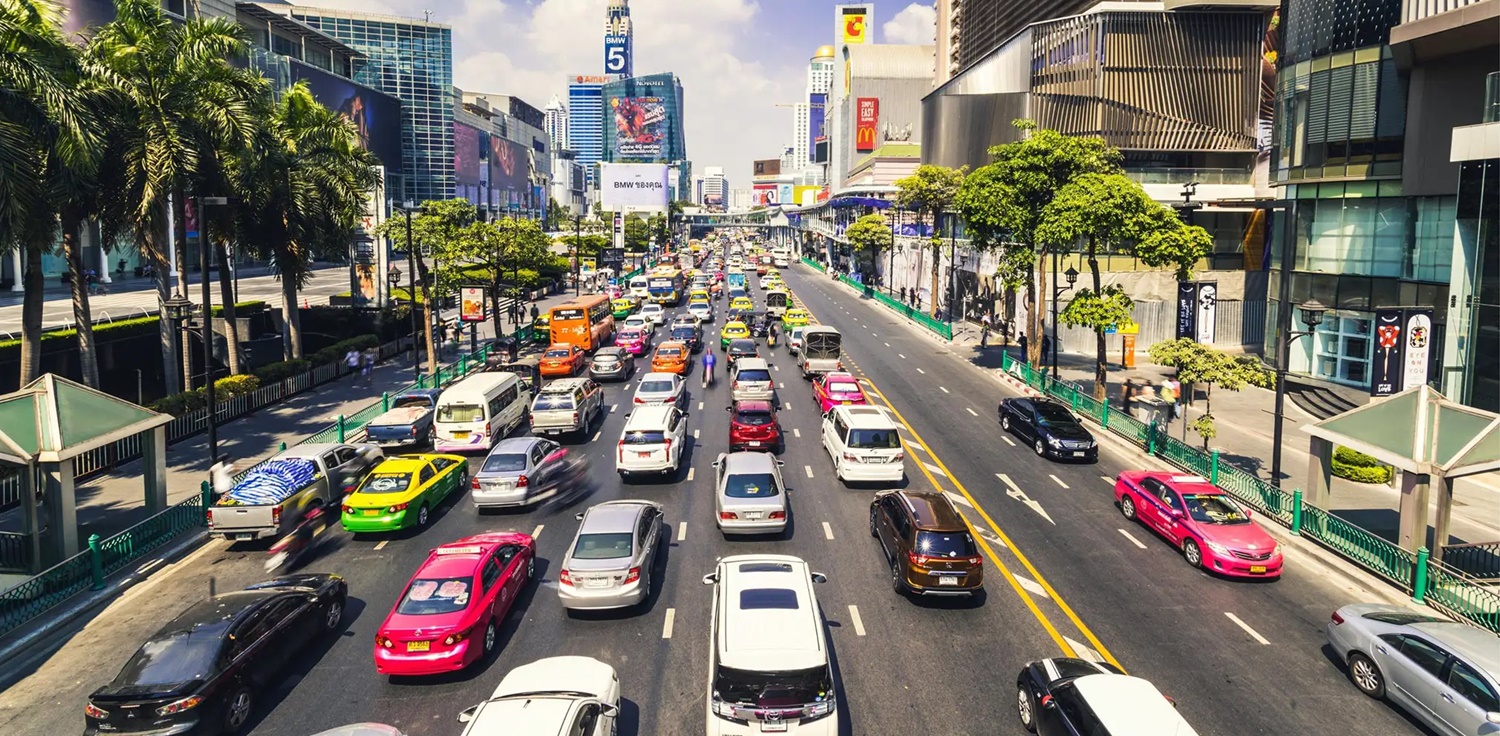Traffic noise poses these health risks
Many people suffer from noise in cities. A study shows that this can have health effects. How can cities become quieter?

There is a lot of it in big cities and on main roads: traffic noise. And he is not only annoying, but can also become a real threat to health. According to a study, constant traffic noise increases the risk of depression and anxiety disorders.
Physical effects already from 30 decibels
If road, rail or aircraft noise increases by 10 decibels, the risk of depression can increase by up to four, five and eleven percent. This emerges from an investigation by the Federal Environment Agency (UBA), which was available to the German Press Agency. For an anxiety disorder, the risk increases by up to three (road and rail) or 15 percent (aircraft noise).
And not only the psyche of the people can suffer from noise, but also the body. From 30 decibels A, dB (A) for short – the unit of measurement for the strength of the sound related to human hearing – according to the Federal Center for Health Education, the quality of sleep is already impaired and concentration disorders occur. From 60 dB (A) the risk of cardiovascular diseases increases and at 85 dB (A) – about the volume of a city motorway – years of exposure can lead to damage to the inner ear.
According to the UBA, 2.3 million people in Germany are exposed to levels of more than 65 dB(A) all day long. At night, 2.6 million people would suffer from levels of more than 55 dB(A). In general, around three quarters of the population would feel disturbed or annoyed by road traffic noise.
More considerate of cities and night rest
Nevertheless, according to the authorities, noise is still far too greatly underestimated as a health risk in Germany. “Many people are exposed to high levels of noise pollution, which impairs their health and quality of life. Making our cities quieter and therefore more attractive is therefore an important task for science and politics,” appealed Dirk Messner, President of the UBA.
Specifically, the UBA recommends introducing Tempo 30 as the standard speed in cities and improving protection against night-time noise. When it comes to rail transport, care should be taken to ensure that residents no longer wake up from trains rushing by. In addition, there should no longer be regular flight operations between 10 p.m. and 6 a.m. at densely populated airports.
Because rail noise can also become a problem, especially for sleeping patterns. The UBA study shows that the risk of developing an anxiety disorder or depression roughly doubles if people wake up three or more times at night to the noise of rail traffic.


